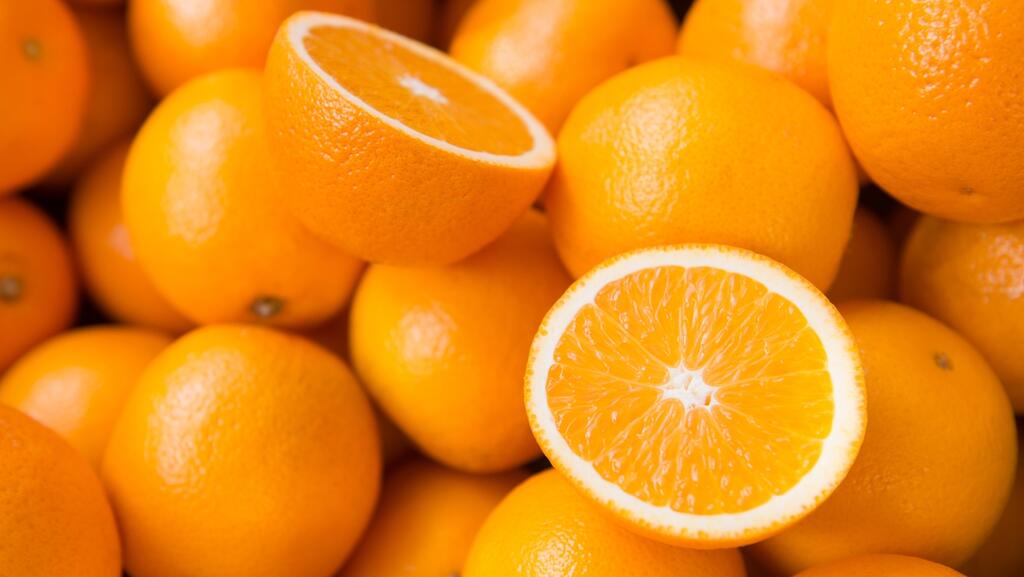Unlike in the past, we can now go to grocery stores and find almost any type of food on the shelves throughout the year. While the availability of products has its advantages, the result is the lack of seasonal eating. However, despite the abundance and modern refrigeration, it's worth eating foods that are appropriate for each season as much as possible.
Seasonal nutrition offers health benefits and research shows that storing fresh produce can lead to the loss of vitamins and minerals. The longer it takes for a fruit or vegetable to go from the field to the plate, the more nutritional value it loses.
A study found that leafy greens lost almost 50% of their vitamin C after transportation, storage and three days on the shelf. The same study also found that levels of potassium, phosphorus, calcium and magnesium dropped significantly with prolonged storage.
However, frozen fruits and vegetables typically don’t lose their benefits since they're picked and packed at their peak condition. So, what foods should we eat in the fall and what are the benefits of doing so?
Warming up in the fall
Fall in Israel is very short and mostly still warm, almost like an extension of summer, especially in recent years due to global warming. Therefore, it's recommended to prepare the body for the winter days that arrive suddenly and quickly in the country.
In fact, the Israeli fall is more of a hopeful prelude to the winter, which has also been warmer than usual in recent years. Still, the days begin to shorten and the mornings and evenings cool down slightly, making it a good time to transition your diet from summer habits.
Warm food in, cold food out: While we tend to choose light and cold foods in summer, as the weather cools, we feel a need for warmer foods like stews and soups and warming spices like paprika, cardamom and cinnamon. It’s advisable to favor cooked or baked foods, like vegetable and legume soups.
More carbs: As part of the body’s natural tendency to gain weight and improve mood when the weather turns gloomy, carbohydrate consumption increases. It's recommended to choose whole grains like whole wheat, buckwheat, oats, brown rice and quinoa.
These carbohydrates digest slowly and provide a feeling of fullness for a longer time. Further, consuming these carbs helps release insulin, which improves mood by enhancing serotonin function.
Seasonal fruits and vegetables: In the fall, you can find citrus fruits rich in important vitamins and minerals, such as vitamin C found in guava and apples, which ripen during this season. Additionally, the season brings an abundance of pomegranates, kohlrabi, leeks, sweet potatoes (rich in beta-carotene and vitamin A), green beans, beets and spinach.
 Shir Alfi-SegerPhoto: Noa Bahari
Shir Alfi-SegerPhoto: Noa BahariThe vitamins and minerals in these fruits and vegetables strengthen the immune system and help fight colds and seasonal illnesses.
- Shir Alfi-Seger is a senior clinical dietitian at Clalit Health Services' Dan-Petah Tikva District.



